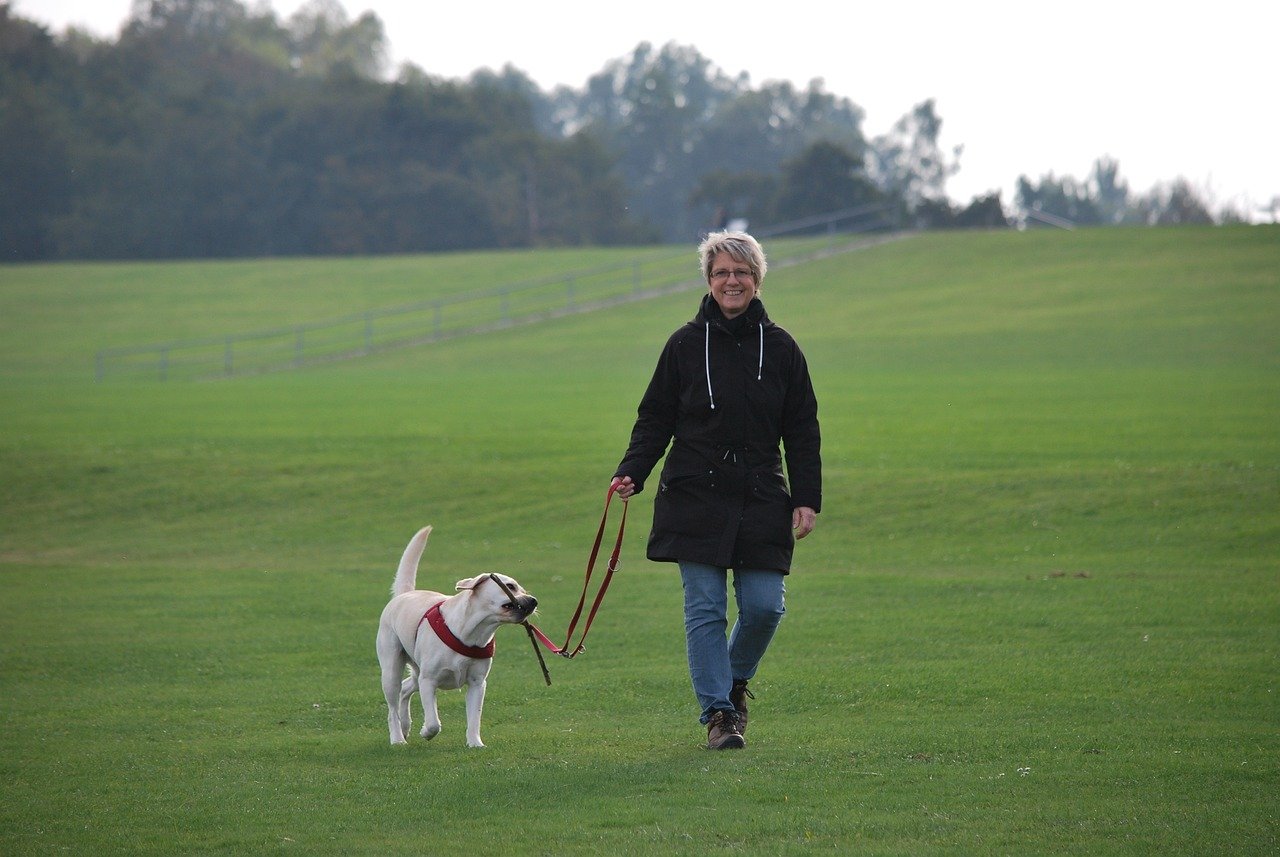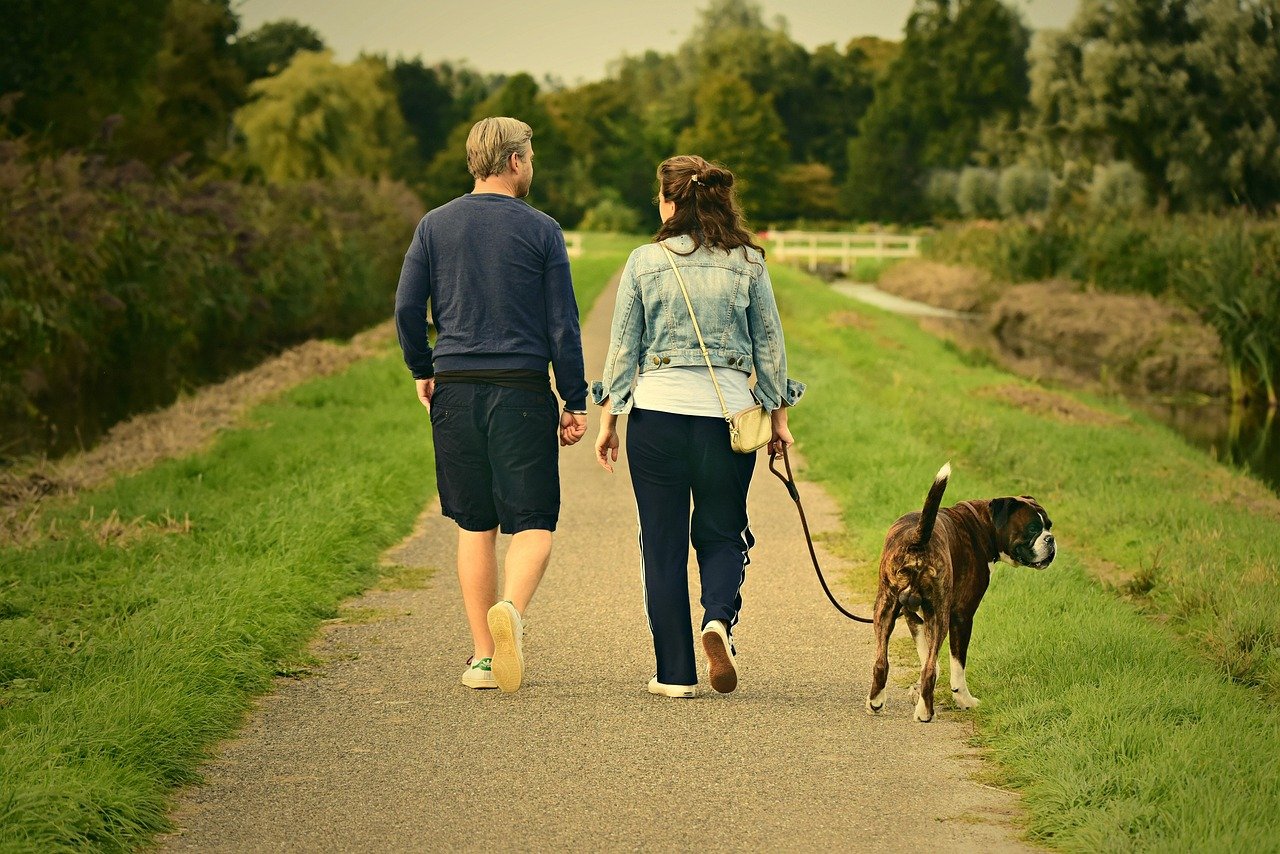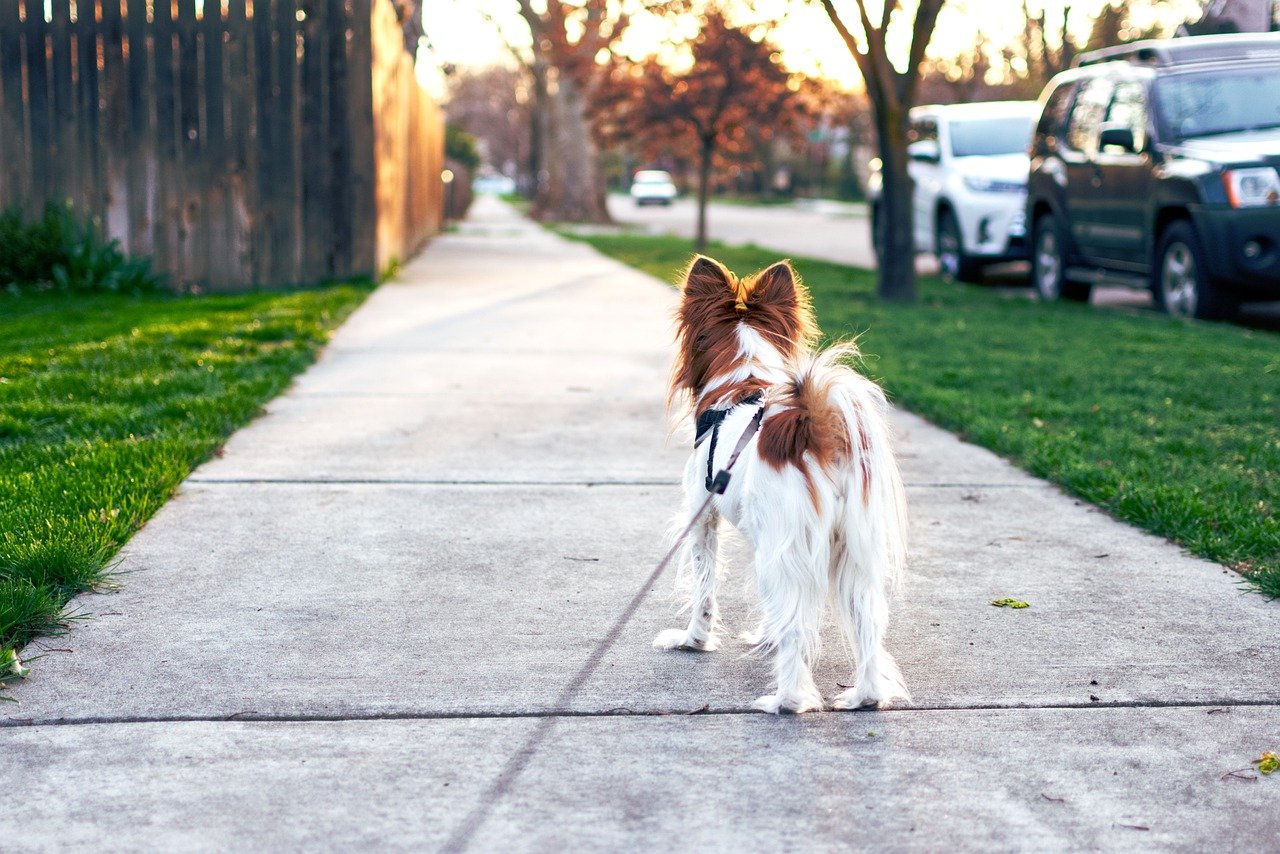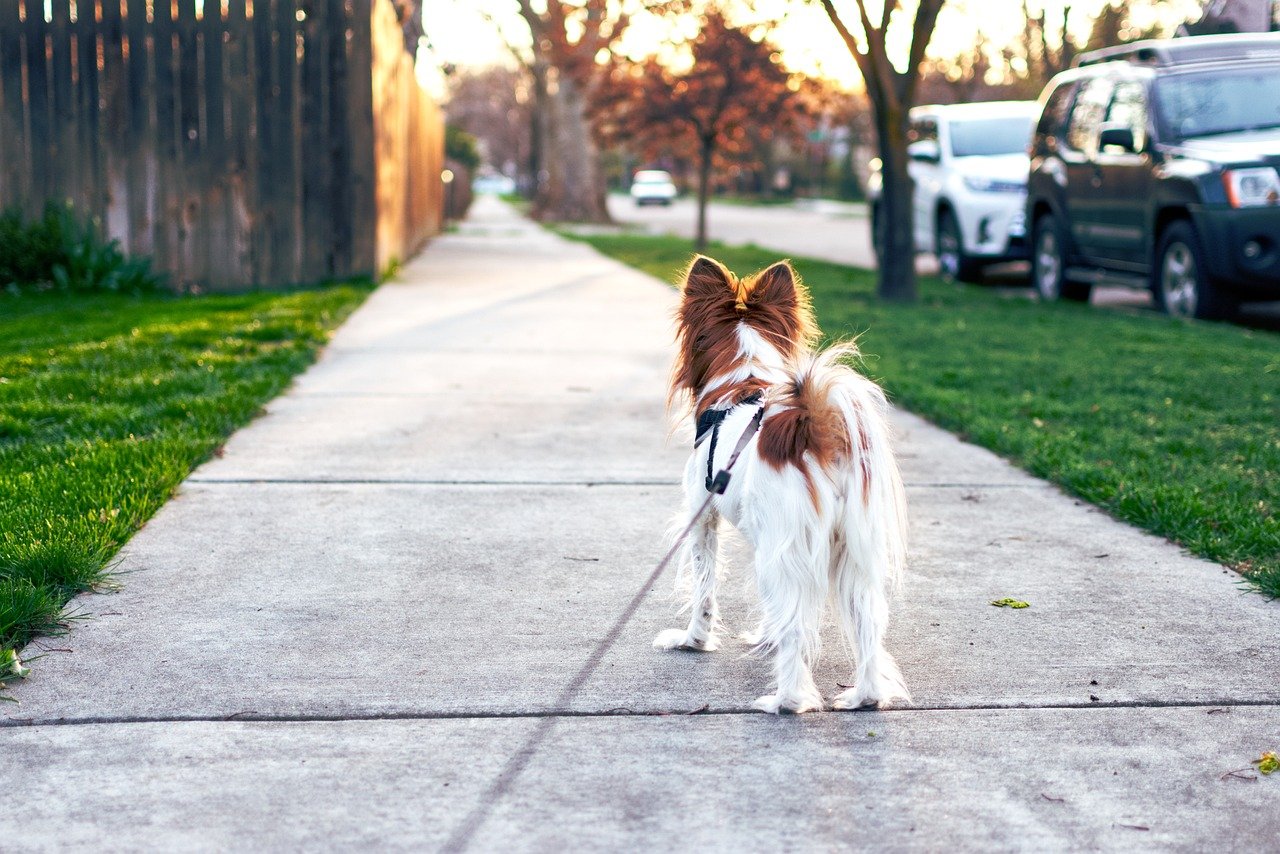Dogs are more than just pets; they’re companions, family members, and for many, a source of endless joy. Yet, in the hustle and bustle of daily life, some dog owners unintentionally overlook one fundamental aspect of their furry friend’s well-being: regular walks. While it might not seem like a big deal to skip a walk or two, this can have significant mental and physical repercussions for our canine companions. Understanding these impacts is crucial for ensuring the health and happiness of our beloved dogs.
The Joy of Walking: More Than Just Exercise
For dogs, walking is not just a way to get some exercise; it’s an adventure. Each walk offers a new world of scents, sights, and sounds. Imagine being locked in a room all day without any stimulation. That’s how it feels for a dog who misses out on their daily walks. Walking provides mental stimulation that helps keep their minds sharp and engaged. It’s a chance for them to explore and satisfy their natural curiosity, preventing boredom and its associated issues.
Physical Health: The Foundation of a Happy Dog

Regular walks are vital for maintaining a dog’s physical health. Just like humans, dogs need exercise to keep their bodies in shape. Without it, they can become overweight, leading to a host of health issues, from joint problems to heart disease. Walking helps to burn off calories, build muscle, and maintain a healthy weight. It’s not merely about keeping them fit; it’s about ensuring that they live a long and healthy life by your side.
Mental Health: A Stroll to a Happy Mind

Skipping regular walks can take a toll on a dog’s mental health. Dogs that are not walked regularly can become anxious, depressed, or even aggressive. This is because walks are an opportunity for dogs to release pent-up energy and stress. Without this outlet, they may resort to destructive behaviors like chewing furniture or excessive barking. Regular walks help to maintain a balanced mental state, providing them with the sense of purpose and routine they crave.
Socialization: Meeting Friends and Neighbors
Walks are an excellent opportunity for dogs to socialize with other dogs and humans. Socialization is crucial for a dog’s development and happiness. Dogs that aren’t regularly socialized may become fearful or aggressive towards other animals or people. Meeting different dogs and people during walks helps them learn how to interact appropriately and builds their confidence. It’s like taking a child to the playground; it’s fun, but it’s also a critical part of their learning process.
Bonding Time: Strengthening the Human-Canine Connection

Walking is not just beneficial for dogs; it’s also an excellent bonding opportunity for owners. Walking your dog provides you with undistracted time together, strengthening your relationship. It’s a shared experience that builds trust and affection. Think of it as quality time with your best friend. The more you walk together, the closer your bond becomes, and the more your dog will look forward to these moments.
Behavioral Benefits: Curbing Bad Habits

Regular walks can help curb undesirable behaviors in dogs. A tired dog is a well-behaved dog. When dogs have ample opportunity to burn off excess energy, they’re less likely to engage in behaviors like digging, barking, or chewing things they shouldn’t. Walks provide a structured outlet for their energy, making them more manageable and obedient when they’re at home. It’s like giving them a job to do, keeping them occupied and satisfied.
Natural Instincts: Honoring Their Ancestral Heritage

Dogs have an innate desire to roam and explore, inherited from their wild ancestors. Denying them the opportunity to walk goes against their natural instincts. Walks allow them to engage in instinctive behaviors like sniffing and marking, which are essential for their mental and emotional well-being. It’s like a book for a reader or a canvas for an artist; walks fulfill a fundamental need in their lives, making them feel complete and content.
Preventing Boredom: Keeping the Mind Active
Boredom in dogs can lead to a range of problems, from destructive behavior to depression. Walking provides mental stimulation that is crucial for keeping their minds active and engaged. Each walk presents new challenges and experiences, preventing monotony and keeping boredom at bay. It’s like giving a child a new toy to play with; it keeps them entertained and mentally stimulated, ensuring they remain happy and well-adjusted.
Routine and Structure: The Comfort of Consistency
Dogs thrive on routine and structure. Regular walks provide a sense of consistency that is comforting to them. Knowing that they will get their daily walk creates a predictable routine that helps to reduce anxiety and stress. It’s like having a daily schedule for work; it provides a structure that is reassuring and calming, helping them to feel secure and relaxed.
The Consequence of Missing Walks: A Cautionary Tale

When dogs miss out on their walks, the consequences can be significant. From physical health issues like obesity to mental health problems like anxiety, the impact is far-reaching. It’s essential to recognize the importance of regular walks in a dog’s life and to make them a priority. By doing so, we ensure that our dogs remain healthy, happy, and well-adjusted, and that they continue to be the loyal companions we cherish.
In conclusion, regular walks are not just a luxury for dogs; they are a necessity. They provide physical exercise, mental stimulation, socialization, and bonding opportunities that are crucial for a dog’s overall well-being. By understanding and respecting the importance of walks, we can ensure that our canine companions lead fulfilling and happy lives.

Andrew Alpin from India is the Brand Manager of Doggo digest. Andrew is an experienced content specialist and social media manager with a passion for writing. His forte includes health and wellness, Travel, Animals, and Nature. A nature nomad, Andrew is obsessed with mountains and loves high-altitude trekking. He has been on several Himalayan treks in India including the Everest Base Camp in Nepal.






